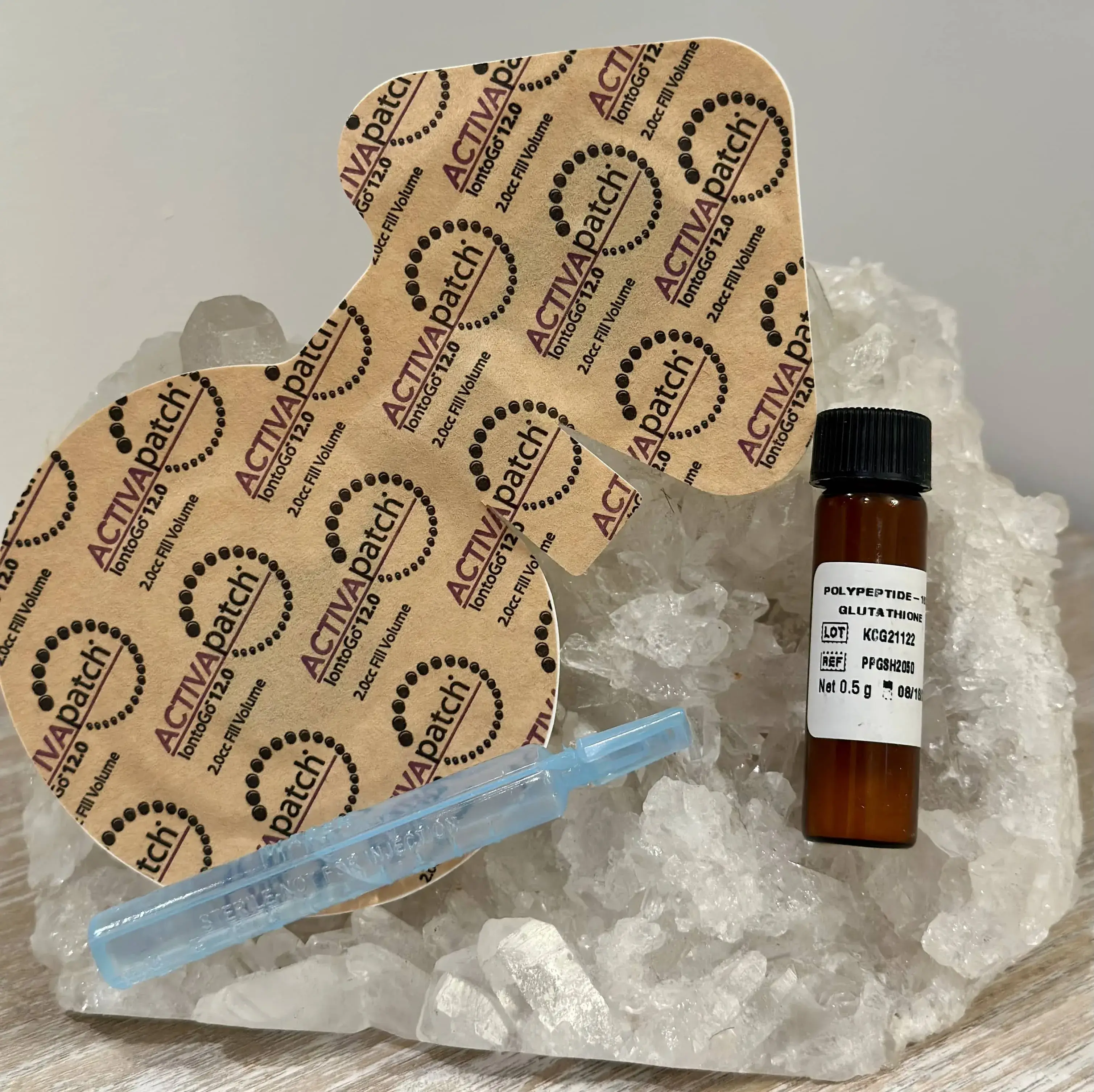Peptide Thymosin Alpha 1
The recent FDA regulations have impacted the availability of certain substances essential for peptide production by compounding pharmacies. Despite these changes, we are pleased to announce that specific peptides remain available through our services, contingent upon a medical consultation. We appreciate your ongoing support as we adapt to these regulatory adjustments. To discuss your options and continue benefiting from our peptide offerings, please book a consultation with us today.
Semaglutide and Tirzepatide are contraindicated in patients with a personal or family history of medullary thyroid carcinoma (MTC) or in patients with Multiple Endocrine Neoplasia syndrome type 2 (MEN 2). I hereby declare that I do not have a personal or family history of MTC or MEN 2.
Description
Thymosin Alpha-1 modulates immune function and has been studied for its potential in treating infections, respiratory disorders, hepatitis, and cancer.
Thymosin alpha 1 (TA-1) is a peptide, or small protein, produced naturally by the thymus gland. It plays an extremely important role in the immune system. The thymus is where immune cells known as T cells mature and are released when prompted to do so by the TA-1 peptide. T cell production and action within the body is vital to adaptive immunity. This is the mode by which immune cells are able to recognize and kill foreign invaders.
Specifically,
Thymosin Alpha-1 has been shown to enhance the function of certain immune cells called T and dendritic cells. These white blood cells play pivotal roles in the body’s defense process to anyone with a depressed immune system or suffering from an infection. In addition to its use in the treatment of Hepatitis, AIDS, and cancer, Ta1 has shown exceptional promise in the treatment of Lyme disease. This is unsurprising when one considers the large role the immune system plays in combating the disease.
5mL vial : 2mg/mL or 3mg/mL
Related peptides
Frequently Asked Questions
Peptides are short chains of amino acids that perform various bodily functions, such as stimulating growth, tissue regeneration, or enhancing cognitive functions.
Peptides activate specific receptors or biochemical pathways in the body, leading to the desired therapeutic effects.
Depending on the type of peptide, benefits include improved sexual function, muscle growth, reduced inflammation, enhanced cognitive functions, and more.
Results can be seen within a few weeks after starting the therapy, although this can vary based on individual patient characteristics and the specific peptide.
Possible side effects include mild irritation at the injection site, headaches, nausea, and others, depending on the specific peptide.
The recommended frequency of use depends on the specific peptide and can range from daily use to several times a week. Your doctor will provide specific recommendations.
Peptides are not recommended for individuals with certain medical conditions, pregnant or breastfeeding women. Always consult with your doctor before starting the therapy.





